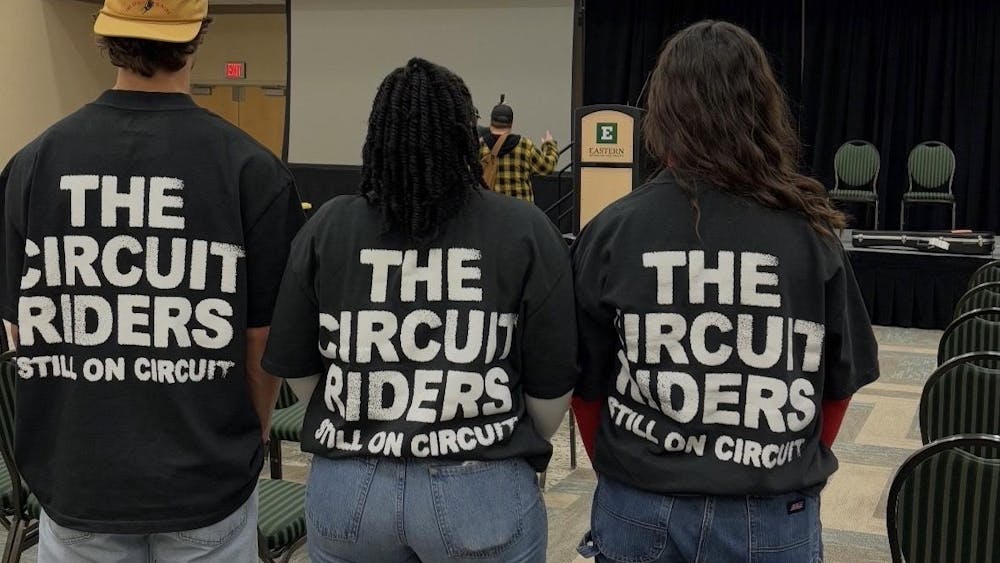You are who you were
Though some of us would rather forget high school ever happened, an intriguing article in New York Magazine by Jennifer Senior claims our experiences in high school shape who we are as adults.
Senior presents evidence from studies that show how adolescence may be even more influential than early childhood when it comes to developing personality. If you were a nerd in high school, or even if you just thought your classmates considered you a nerd, accurately or not, you’re probably still a nerd as you read this today.
One explanation for this may be the brain of a teen, which is flooded with more dopamine in adolescence than at any other time, resulting in an intensification of every feeling and event. And perhaps that explains the studies that show the memories we retain most clearly are those from age 15 to 25.
Despite having a lousy time in high school and wishing to distance myself from those four years as much as possible, the article made me realize I am, basically, the same person I was then. If Senior’s hunch about the importance of adolescence is right, maybe we’re all destined to wear the same old high school labels for the rest of our lives. But with the advantage of a fully developed prefrontal cortex and balanced dopamine levels, that may not be such a bad thing.
Suit filed against soda ban
New York City’s Mayor Michael Bloomberg is no stranger to ruffling feathers with his approach to improving the health of New Yorkers.
According to the National Association for the Advancement of Colored People, Bloomberg’s soda crackdown, which will put a 16-ounce size limit on sugary drinks being sold in businesses that make more than 50 percent of their profits from selling sugary drinks, is discriminatory.
The group recently joined a lawsuit claiming the restriction will cause African-American and Latino small business owners to become less competitive with large chains like 7-Eleven, whose drink sizes will not be restricted because of a loophole in the law.
This sounds like a compelling argument, until you find out the NAACP regularly receives donations from Coca-Cola and other “big soda” companies. That’s a pretty clear conflict of interest, if you ask me. This is especially because the restriction was designed to help curb obesity in New York City, which disproportionally affects African-American and Hispanic residents.
By pretending they’re only concerned about the ability of bodega owners in Harlem to make a living, the NAACP is giving their important organization a bad name and putting the interests of their corporate donors ahead of the people they’re meant to represent.








